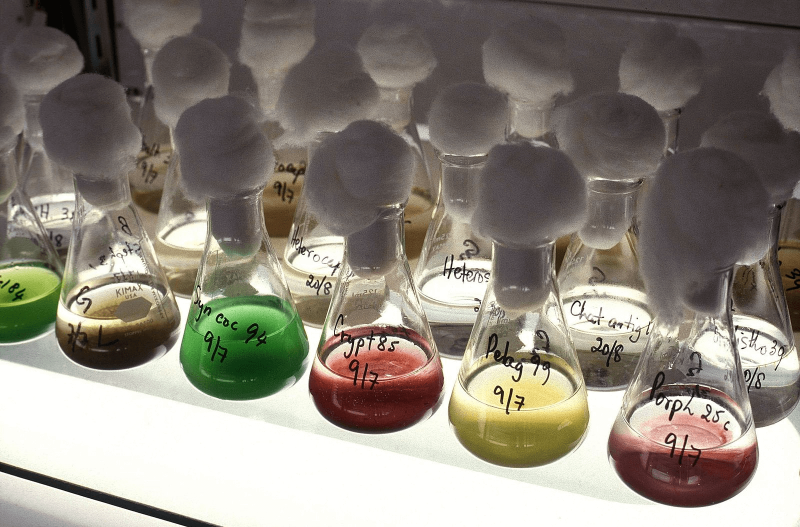Every drop of seawater is teeming with microscopic life. But researchers in Europe believe that one particular kind could be the answer to the planet’s most pressing problems.
Microalgae, which is invisible to the human eye, has the potential to make farming more sustainable and be an alternative to plastic.
Local researchers found strains of microalgae that can purify local wastewater while producing fertilisers and other products for farmers.
“They provide biostimulant properties for food production in agriculture,” Gabriel Acién, Professor of chemical engineering at the University of Almeria tells Euronews Green.
“But also we isolated more or less ten different microorganisms that can act as biopesticides and control fungi, insects and other diseases in the greenhouses without using any chemicals, just the natural molecules obtained from microalgae,” he added.
Through EU-funded projects SABANA, for which Gabriel is a project coordinator, and ALGAENAUTS, a local biotech company has developed a range of commercial farming products made from microalgae ingredients.
These tiny creatures kick-started complex life in the ocean hundreds of millions of years ago. Today, microalgae can help coastal economies evolve towards greater sustainability, protecting the ocean from pollution and other threats.































